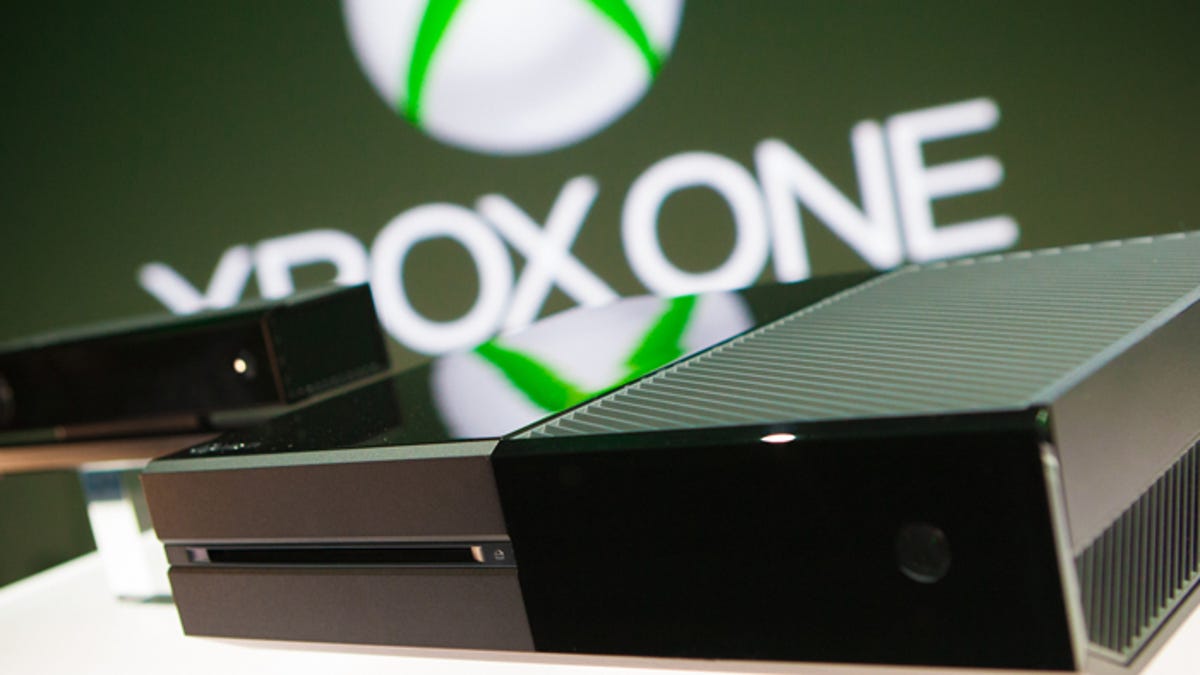Xbox 360 games won't work with the Xbox One
Xbox One uses an AMD x86 chip instead of an IBM processor, which means there's no native backwards compatibility for games.

Microsoft on Tuesday unveiled its newest gaming console, the
Because the new gaming system has a different chip architecture -- Advanced Micro Devices' x86 instead of IBM's PowerPC -- the Xbox One won't have native compatibility with 360 games. It's unclear at this time whether Microsoft will create a solution for that, such as making some of the more popular games compatible through emulation or allowing users to access older titles through a cloud-streaming system. But it doesn't look like that's going to happen right now.
Here's the statement Microsoft gave us about backwards compatibility:
"Xbox One hardware is not compatible with Xbox 360 games. We designed Xbox One to play an entirely new generation of games -- games that are architected to take full advantage of state-of-the-art processors and the infinite power of the cloud. We care very much about the investment you have made in Xbox 360 and will continue to support it with a pipeline of new games and new apps well into the future."
As was widely expected, Microsoft on Tuesday updated its Xbox game console with new processors, software, and many other features. Don Mattrick, president of Microsoft's interactive entertainment business, said during an event in Redmond, Wash., that the company wanted to design and build the "ultimate all-in-one home entertainment system."
Microsoft's decision not to make at least the most popular games backwards compatible is likely to anger some gamers. When the company launched the Xbox 360, it also used different processors than the preceding Xbox, which meant there was no native compatibility. However, in that case, Microsoft used emulation to enable the most popular games to work on the 360.
Sony also faces a similar issue with theSome analysts said emulation may be too difficult or not worth the cost this time around.
"I don't think it's going to be much of a priority for any of the vendors," Linley Group analyst Kevin Krewell said.
While some gamers won't be happy, the shift to using x86 chips in the two major game consoles, as well as in PCs, is a good thing for most users and developers. For users, the advanced AMD processors -- manufactured at 28 nanometers, or billionths of a meter -- will enable new capabilities not possible with the older consoles.
In particular, the shift to x86 is good news for developers. While the chips used in the PS4 and in Xbox One are different custom processors made by AMD, they still have the same underlying architecture. Users won't be able to play their Xbox games from their desktop computers, but the developers can create games for the different platforms more quickly.
"They'll get the games out faster because they'll be able to use a common tool set, which they probably already have," said Jon Peddie, a semiconductor analyst. "There's no additional tool set costs, no special training they have to go through. This is just a real accelerator of time to market for them. The net result is we'll get more games and better games."

